Arkanoid
How to play Arkanoid
- Move the mouse or keyboard arrows to control the Vaus paddle at the bottom of the screen.
- Prevent the ball from falling off the screen by bouncing it back toward the bricks.
- Clear all bricks to advance to the next level.
- Collect power-ups to enhance the Vaus with new abilities.
Arkanoid Description
Released in 1987, Arkanoid is an engaging breakout-style arcade game that redefined the genre for the DOS platform. Developed by Malcom Herd and published by Taito, Arkanoid challenges players to maneuver a paddle, referred to as the "Vaus," moving it horizontally across the bottom of the screen to bounce a ball against a formation of colored bricks above. Each brick hit by the ball disappears, and the objective is to clear all bricks to advance to the next level.
What sets Arkanoid apart from other games in its genre is its incorporation of power-ups, which drop from certain bricks when destroyed. These power-ups include lasers that allow the player's Vaus to shoot at the bricks, slow motion for better paddle control, and multi-ball to increase the challenge and excitement. The game's visual and sound effects are perfectly suited to the PC’s capabilities of the time, offering a retro gaming experience that is both nostalgic and immersive.
Cheats/Hints/Walkthroughs for Arkanoid
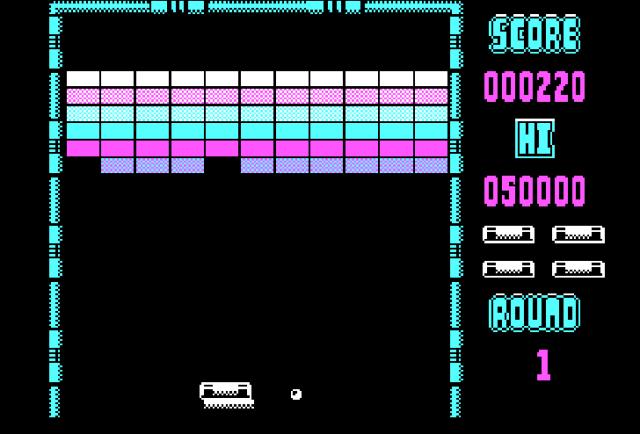
Arkanoid - additional information

Arkanoid: A Classic Arcade Revival on the 1987 PC Platform
Introduction to Arkanoid (1987) on PC
Arkanoid, developed by Taito in 1986 and brought to the PC in 1987 by Malcom Herd, is a venerable arcade game that redefined the brick-breaking genre. This PC version of Arkanoid not only preserved the essence of its arcade predecessor but also introduced computer gamers to its engaging gameplay and strategic depth. Let's dive into what makes the 1987 PC version of Arkanoid a must-play for both retro gaming aficionados and newcomers alike.
Gameplay Mechanics and Features
Arkanoid transforms the simple concept of brick-breaking into a compelling gameplay experience. Players control the "Vaus," a space vessel that doubles as a paddle, moving it horizontally across the bottom of the screen to deflect a ball that breaks bricks on the screen. The objective is to clear all the bricks without letting the ball fall off the screen. What sets Arkanoid apart are its power-ups, which fall from certain bricks when destroyed and can enhance the Vaus with lasers, expand its size, or slow down the ball, among other benefits.
The PC version of Arkanoid, adapted by Malcom Herd, retains these core elements and optimizes them for keyboard control, offering a smooth and responsive gaming experience that challenges players’ reflexes and strategic thinking.
Graphical and Sound Enhancements
While the 1987 PC version of Arkanoid may not boast the high-resolution graphics of modern games, it features vibrant colors and clear, functional designs that stay true to the arcade original. The simplicity of the visuals enhances the gameplay rather than detracting from it, ensuring that the player's focus remains on the action. Sound effects in this version are minimal but effective, echoing the arcade's auditory feedback that rewards or penalizes player actions.
Cultural Impact and Legacy
Arkanoid's release on the PC in 1987 helped cement its legacy as one of the foundational titles in the arcade genre's migration to personal computers. It demonstrated that the PC could be a viable platform for the direct adaptation of arcade hits, influencing the development of numerous other games. Arkanoid's influence can be seen in its various sequels and countless imitations, proving its enduring appeal and significant impact on gaming culture.
Comparative Analysis with Similar Games
Comparatively, Arkanoid stands out against similar brick-breaking games like Breakout, its direct predecessor, by introducing power-ups and varied levels that added depth to its gameplay. Other contemporaries, such as Batty or Krakout, also offered their takes on the genre, but none matched Arkanoid's perfect balance of challenge, innovation, and fun.
Today, Arkanoid still holds up as an engaging game due to its simple yet addictive gameplay loop, strategic depth provided by power-ups, and the nostalgia it evokes for the golden age of arcades. Whether you are a veteran who experienced its magic in the '80s or a newer player discovering it for the first time, Arkanoid offers timeless enjoyment.











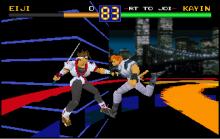

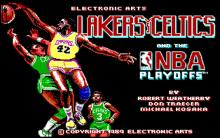
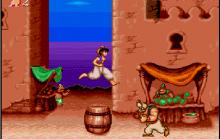
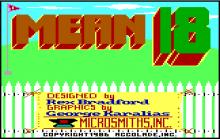

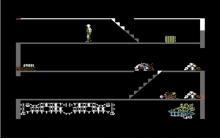

Write a comment